- REPORTER: Sir, what changes have been made in the fee for waste collection, transportation and treatment services according to Decision 67 compared to previous regulations?

- Mr. NGUYEN TOAN THANG: Previously, Decision No. 38/2018 of the Ho Chi Minh City People's Committee issued the price of waste collection services applied according to the generated volume (VND/kg). Currently, Decision 67 is also issued according to the generated volume (VND/kg). Thus, determining the price of waste collection services according to volume is not a new method. Accordingly, Ho Chi Minh City has had more than 5 years to apply and deploy this method. The statistics to determine the average volume of waste generated by households when implementing waste classification at source, or by waste source owners are carried out on the basis of consensus between people, local authorities and collection units, ensuring transparency and reasonableness.
- The city has not yet implemented waste classification at source, so how is the collection service price calculated?
- Decision No. 67 has provided specific instructions on determining the volume of waste to calculate service prices. For households, when waste classification has not been performed, the price for waste collection and transportation that a household must pay has been calculated and converted based on the average volume of waste generated per capita according to standards and the average population of a household according to current statistical reports. Therefore, households will pay the same price for waste collection and transportation services by area without having to determine the volume of waste.
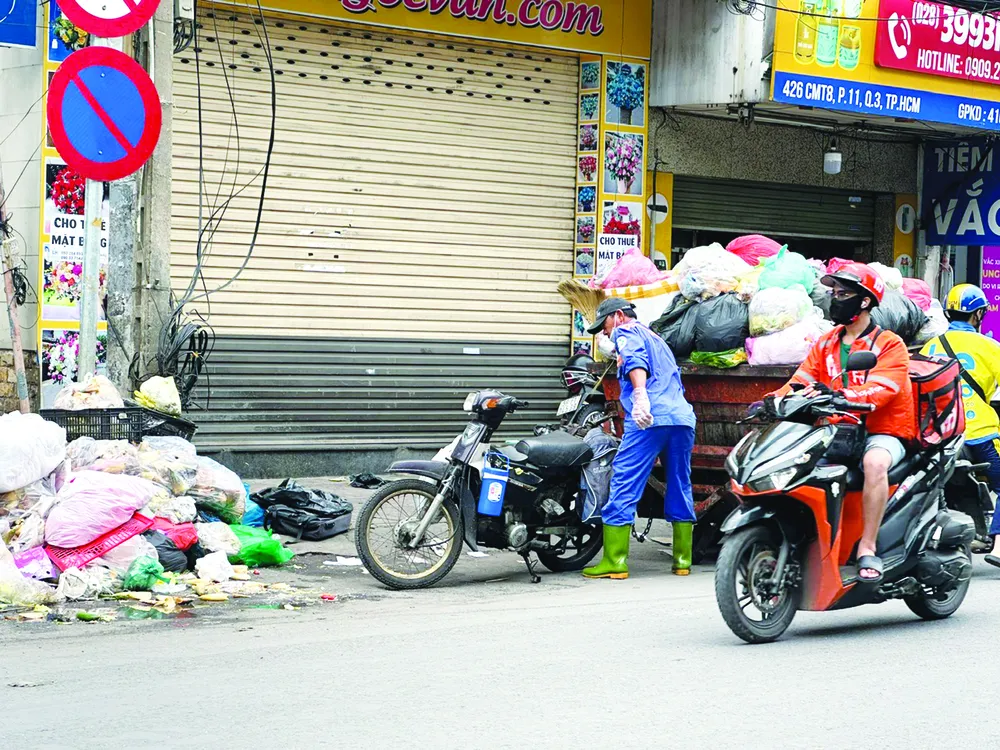
Specifically, in Thu Duc City and districts it is 84,000 VND/household/month; in Hoc Mon, Nha Be, Can Gio districts it is 80,000 VND/household/month; in Cu Chi, Binh Chanh districts it is 76,000 VND/household/month (excluding VAT).
When the city implements the waste classification program at source according to the Law on Environmental Protection 2020, local authorities will organize statistics and re-determine the average amount of waste generated (excluding recyclable and hazardous waste) to calculate household waste fees at prices including collection and transportation services. Accordingly, the highest price in Thu Duc City and districts is 666.04 VND/kg, the lowest in Binh Chanh and Cu Chi districts is 599.98 VND/kg.
For waste source owners (agencies, organizations, production and business establishments, industrial parks, industrial clusters), local authorities will coordinate with collection units and waste source owners to organize statistics and determine the average volume of waste generated to determine the price according to volume. According to regulations, there will be many methods for statistics and determining volume. Local authorities can agree to use different types of bags and containers for storage as the basis for conversion and determination of volume after classification.
- Could you please tell us about the roadmap for implementing waste classification at source in the coming time?
- Recently, the Department of Agriculture and Environment has coordinated with the People's Committee of Thu Duc City and districts, departments and branches to develop a Draft Project on classifying domestic solid waste at source in the city (Project).
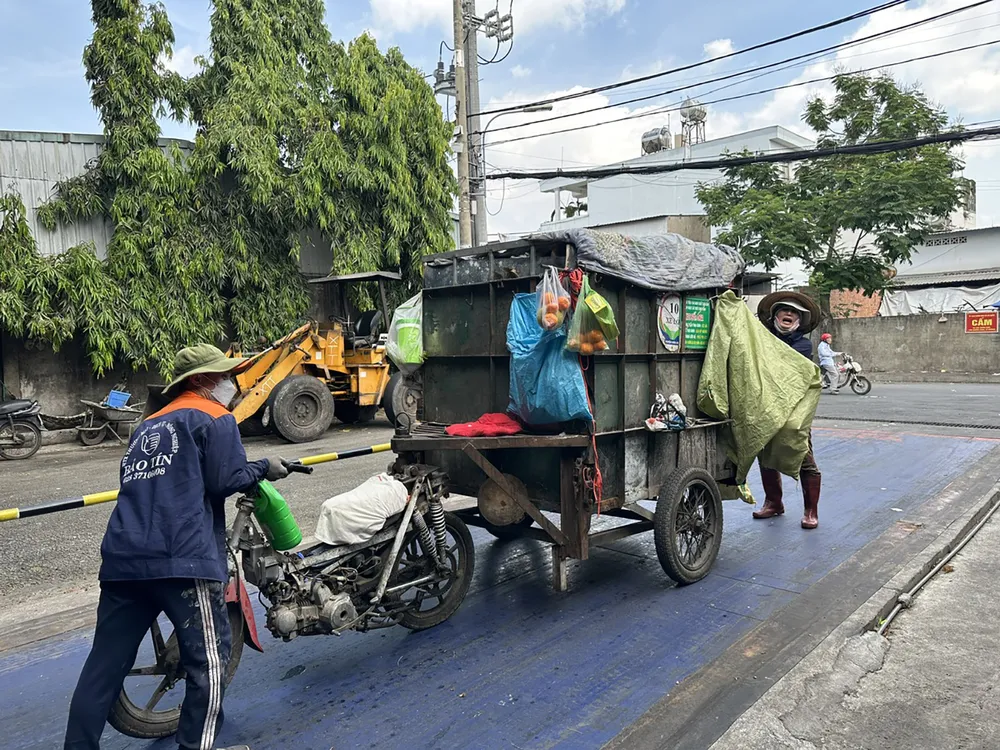
According to the draft project, the city plans to classify domestic solid waste (SWM) into 3 groups (solid waste that can be reused and recycled; food waste; other domestic solid waste) according to a roadmap suitable for environmental protection infrastructure and waste treatment technology under the guidance of the Ministry of Agriculture and Environment. This year, localities will review the volume of food waste generated locally and classify it; gradually evaluate the actual effectiveness of the implementation to summarize experiences and replicate the implementation for the remaining groups in the area.
- Sorting waste at source and converting treatment technology to incineration for power generation are two solutions to reduce polluting solid waste. How has Ho Chi Minh City built a solid waste treatment network in recent times?
- The volume of solid waste generated in the city is currently about 9,800-10,500 tons/day, collected and transported to waste treatment plants operating in the city's two solid waste treatment complexes, including the Tay Bac Treatment Complex (Cu Chi District) and Da Phuoc Treatment Complex (Binh Chanh District). In order to achieve the target of treating domestic waste with modern new technology and recycling 100% by 2030, the Department of Agriculture and Environment and the Department of Finance have coordinated with relevant departments to advise on the implementation of two groups of solutions. Firstly, calling for investors to implement new solid waste treatment projects under the public-private partnership (PPP) method with a treatment capacity of 2,000 tons/day at the Tay Bac Complex, Cu Chi District. Secondly, focusing on converting the treatment technology of existing solid waste treatment units in the city.
Garbage collection fees increase slightly
Currently, localities in Ho Chi Minh City have implemented the application of garbage collection service prices according to Decision 67. Mr. Lai Phu Cuong, Head of the Department of Natural Resources and Environment of Binh Tan District, informed that the district has applied this new regulation since June 1, and so far, no wards have reported any difficulties or problems. According to Mr. Cuong, when applying the new regulation, garbage collection prices will increase, but transportation fees paid to the state will decrease compared to before.
Specifically, the current garbage collection price in Binh Tan district is 61,000 VND/month, the transportation fee is 23,000 VND/month and with VAT, each household pays more than 90,000 VND/month; previously, Binh Tan district set the unit price for the collection price at more than 40,000 VND/month, the transportation fee was more than 30,000 VND/month, with VAT, it was also equivalent to the new price or if there was an insignificant increase.
Similarly, Mr. Nguyen Viet Hung, Vice Chairman of Ward 4 People's Committee, Tan Binh District, said that if compared to the previous and current garbage collection prices, the area may increase by about 10,000 VND/month. Particularly for business households and large waste sources, the collection unit and the household owner will carry out a weighing to determine the collection fee. However, the collection unit and the household do not organize weighing every day, but the determination of volume will be done differently depending on the agreement of the two parties.
Source: https://www.sggp.org.vn/can-rac-tinh-tien-thuc-day-phan-loai-rac-tai-nguon-post798812.html








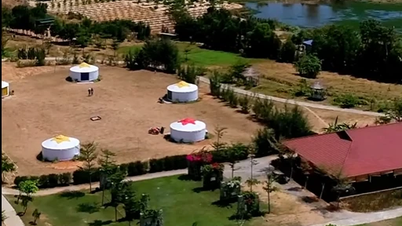


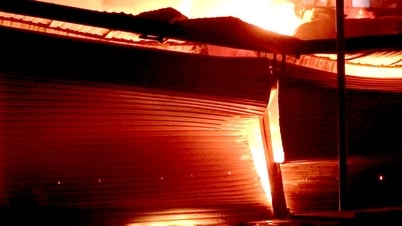






























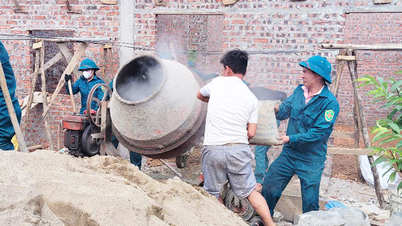

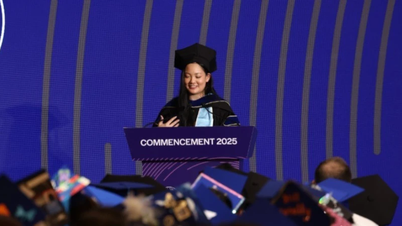












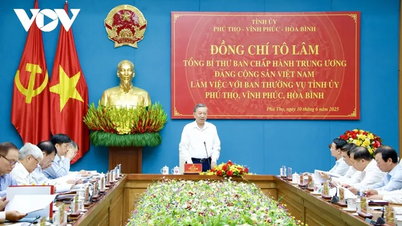

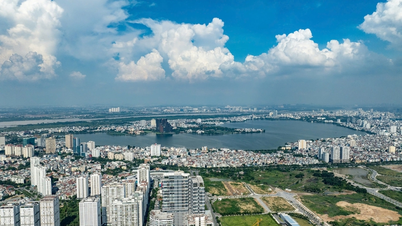


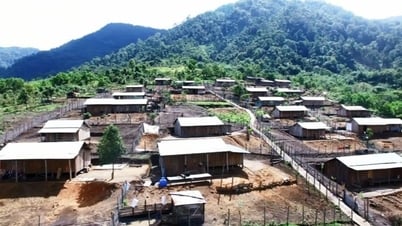








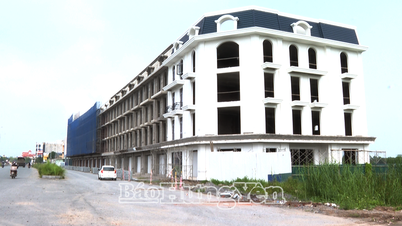










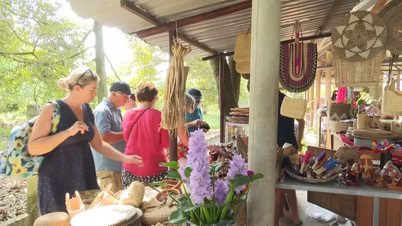










Comment (0)